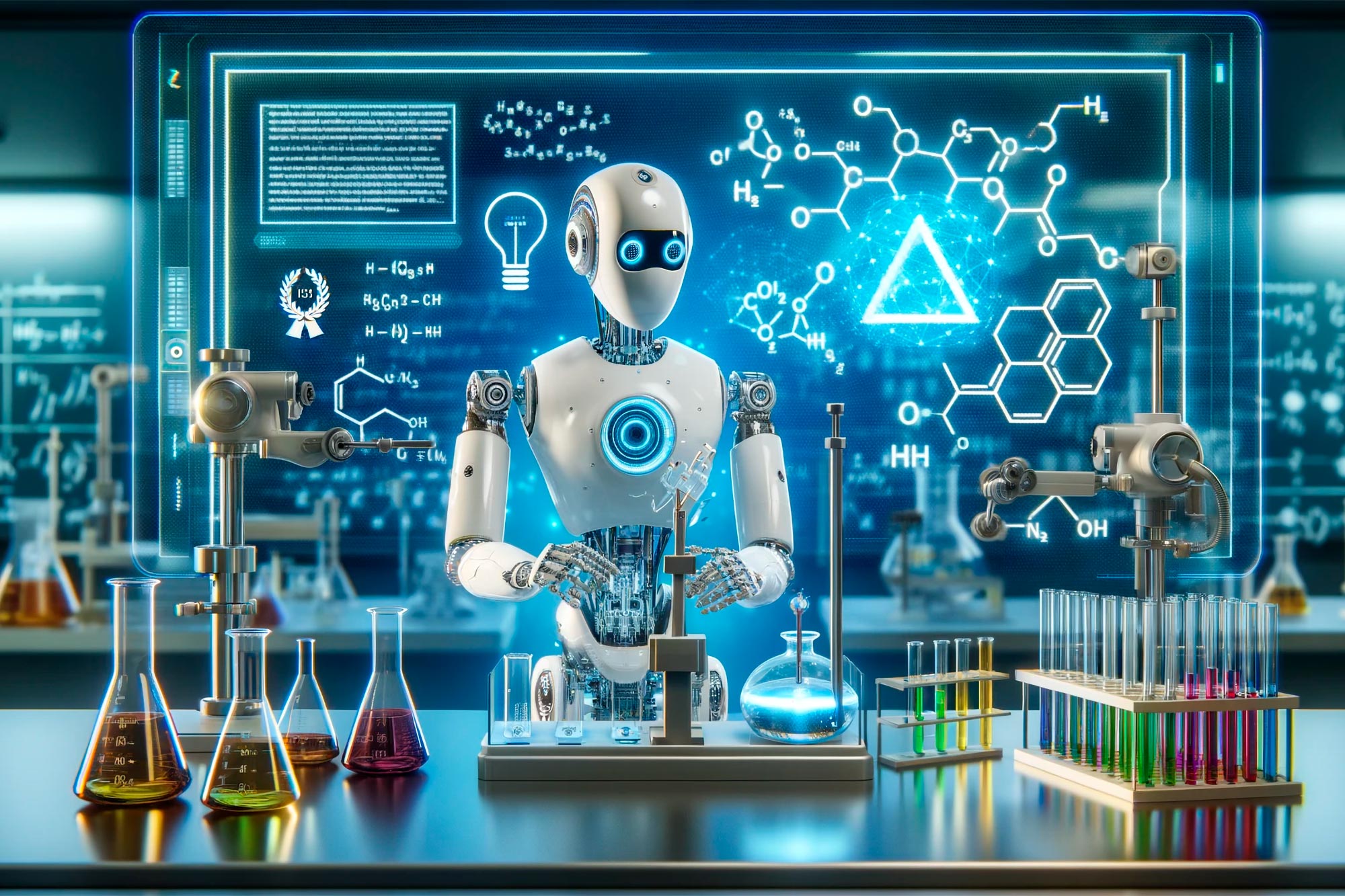
AI Sparks Surge in Scientific Research Output
The rapid evolution of Artificial Intelligence (AI) is not only reshaping industries but also significantly influencing the trajectory of scientific inquiry. Modern AI technologies are generating an unprecedented volume of scientific research, paving the way for novel discoveries and transforming traditional methodologies.
The AI Revolution in Scientific Research
AI’s transformative role in research spans across numerous domains. With its ability to analyze vast amounts of data, it provides scientists with insights that were once considered impossible to obtain. Here are several ways AI is revolutionizing research:
Data Analysis and Pattern Recognition
AI systems excel in analyzing large datasets and identifying patterns. In fields such as genomics and climate science, this capability is invaluable for drawing meaningful conclusions from complex data. For instance, AI can sift through genetic information to identify markers linked to diseases, enabling personalized medicine approaches tailored to individual patients.
Automation of Repetitive Tasks
By automating routine tasks, AI allows researchers to focus on higher-level thinking, hypothesis formation, and problem-solving. Automation speeds up experiments and increases precision. In laboratory settings, robots powered by AI can perform repetitive experiments, freeing scientists to engage in more creative aspects of their work.
Machine Learning Models as Research Tools
One of the most significant contributions of AI to scientific research is the development of machine learning models. These models are not only revolutionizing how research is conducted but also how results are interpreted.
Predictive Modeling
Machine learning algorithms can predict outcomes based on existing data, enabling scientists to forecast disease outbreaks or anticipate changes in environmental patterns. This predictive capability is particularly useful in epidemiology, where understanding potential outbreaks can lead to proactive measures that save lives.
Algorithm-Driven Hypotheses
Unlike traditional approaches, machine learning can suggest new hypotheses by identifying correlations and causations that human researchers might overlook. This opens up avenues for innovative research directions that may not have been considered using conventional methods.
AI in Action: Case Studies from Various Sciences
The application of AI in scientific research isn’t limited to a single discipline. Let’s look at some examples where AI technologies are creating groundbreaking results.
Biomedical Research
In the biomedical field, AI is providing tremendous value:
Drug Discovery
AI algorithms are expediting the drug discovery process by simulating how different compounds interact with human biology, significantly reducing the time and cost of bringing new drugs to market. Companies are leveraging AI to screen millions of molecules quickly, identifying promising candidates for further testing.
Medical Imaging
AI has enhanced diagnostic accuracy through medical imaging techniques, surpassing human capabilities in detecting abnormalities in CT scans and MRIs. Algorithms trained on extensive datasets can identify subtle signs of diseases like cancer earlier than traditional methods, leading to timely interventions.
Environmental Science
AI is also making significant strides in environmental sciences:
Climate Modeling
Advanced AI systems are aiding in the development of accurate climate models, improving our understanding of extreme weather patterns and providing vital data for climate change mitigation strategies. By analyzing historical climate data, AI can help predict future scenarios, guiding policy decisions aimed at sustainability.
Biodiversity Monitoring
AI-powered tools are used for tracking animal populations and their habitats through automated image and sound analysis, a task that was previously time-consuming and error-prone. These tools allow conservationists to monitor endangered species effectively, informing better wildlife management practices.
Challenges and Ethical Considerations
While AI is a powerful tool in scientific research, it comes with its own set of challenges and ethical dilemmas:
Data Privacy
The use of personal data in research requires stringent privacy measures. AI systems must ensure data anonymization to protect individuals’ identities, especially in sensitive areas like healthcare.
Bias and Fairness
AI models can inherit biases present in their training data. Ensuring that these models remain impartial and consistent is crucial for accurate scientific results. Addressing bias involves rigorous testing and validation processes to promote fairness in outcomes.
Transparency
Researchers face the “black box” problem, where the processes of AI algorithms are not fully understood, leading to potential oversights in decision-making and result interpretation. Promoting transparency in AI operations is essential for building trust among scientists and the public.
Building Trust in AI Research
To address these concerns, building trust in AI-powered research is essential. This involves pursuing open-source collaborations to enable peer reviews and independent validations of AI methodologies. Developing robust frameworks for AI governance and compliance with ethical research guidelines will be critical in ensuring responsible usage.
Enhancing education and literacy among scientists about AI technologies will promote informed usage and innovation. As researchers become more adept at utilizing AI tools, they can harness their full potential while remaining vigilant about ethical implications.
Future Prospects
The future of AI in scientific research is vast and promising. As AI technologies continue to advance, we can expect interdisciplinary research that blends insights from various scientific fields, leading to more comprehensive and holistic research approaches. With increased computational power and improved algorithms, the pace of scientific discoveries will exponentially increase, allowing for accelerated innovations.
Ongoing developments will enable more seamless integration between AI systems and human researchers, enhancing creative and innovative research capabilities. As collaboration between humans and machines deepens, the potential for groundbreaking discoveries will expand, ultimately benefiting society through advancements in health, environment, and technology.
In conclusion, AI technologies are rewriting the paradigm of scientific research, generating vast volumes of data-driven insights across numerous fields. However, leveraging these technologies responsibly and judiciously will be key to unfolding the full potential of AI-powered scientific advancements.